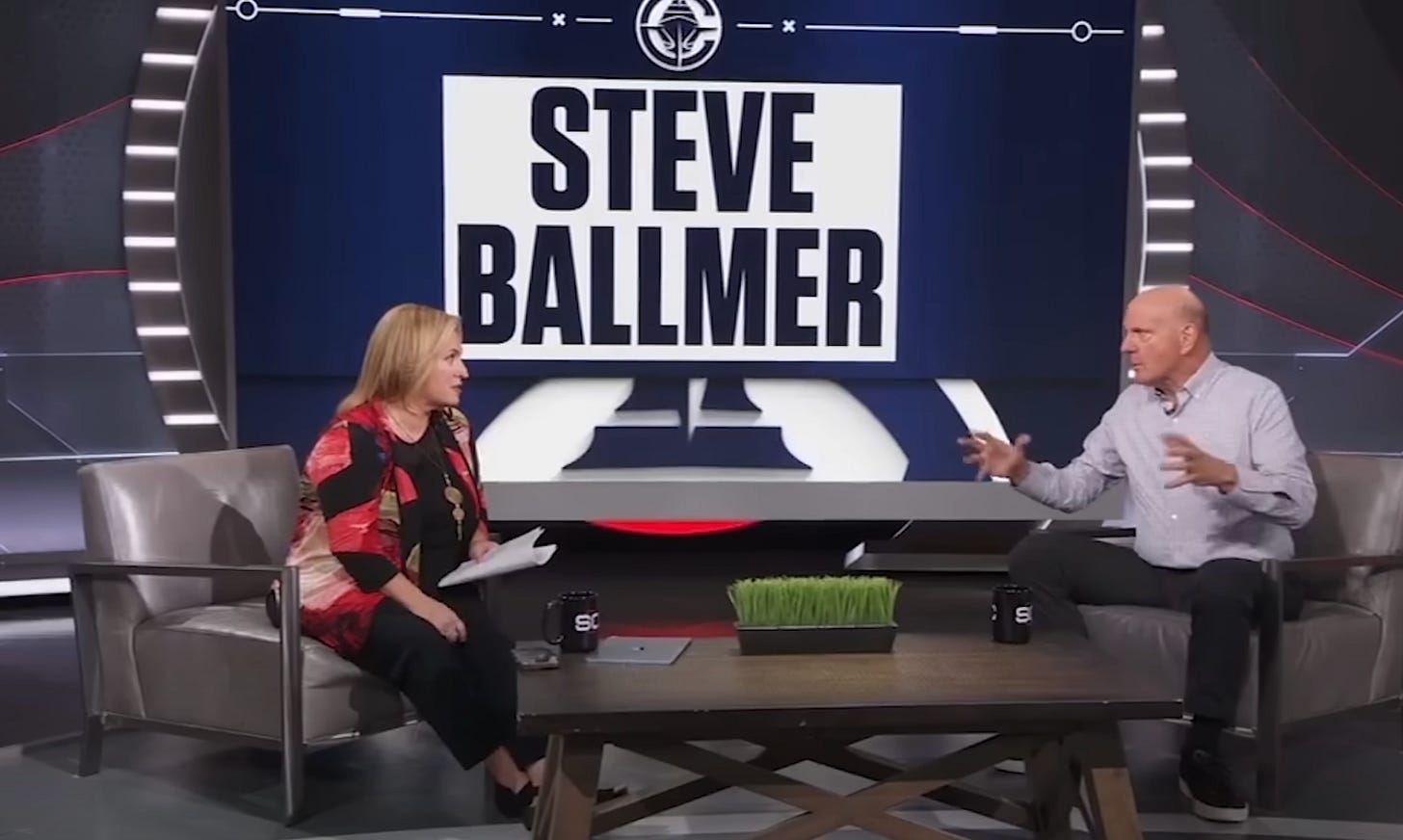Someone is lying
#TeamPablo
Marc Stein noted that, now that they’ve digested all of Pablo Torre’s reporting on the Clippers and Kawhi Leonard, many sources around the NBA see Steve Ballmer and the Clippers as “guilty until they are proven innocent.” Sounds bad, right?
But I wonder if instead we got here through a masterful presentation of extensive damning evidence and testimony. To me that makes it more like “proven guilty unless proven otherwise, which’ll be tough.”
Meanwhile, it’s an open question if we will get to the bottom of it, or if we already got to the bottom of it. History proves that more experts doing more work doesn’t always mean more truth.



